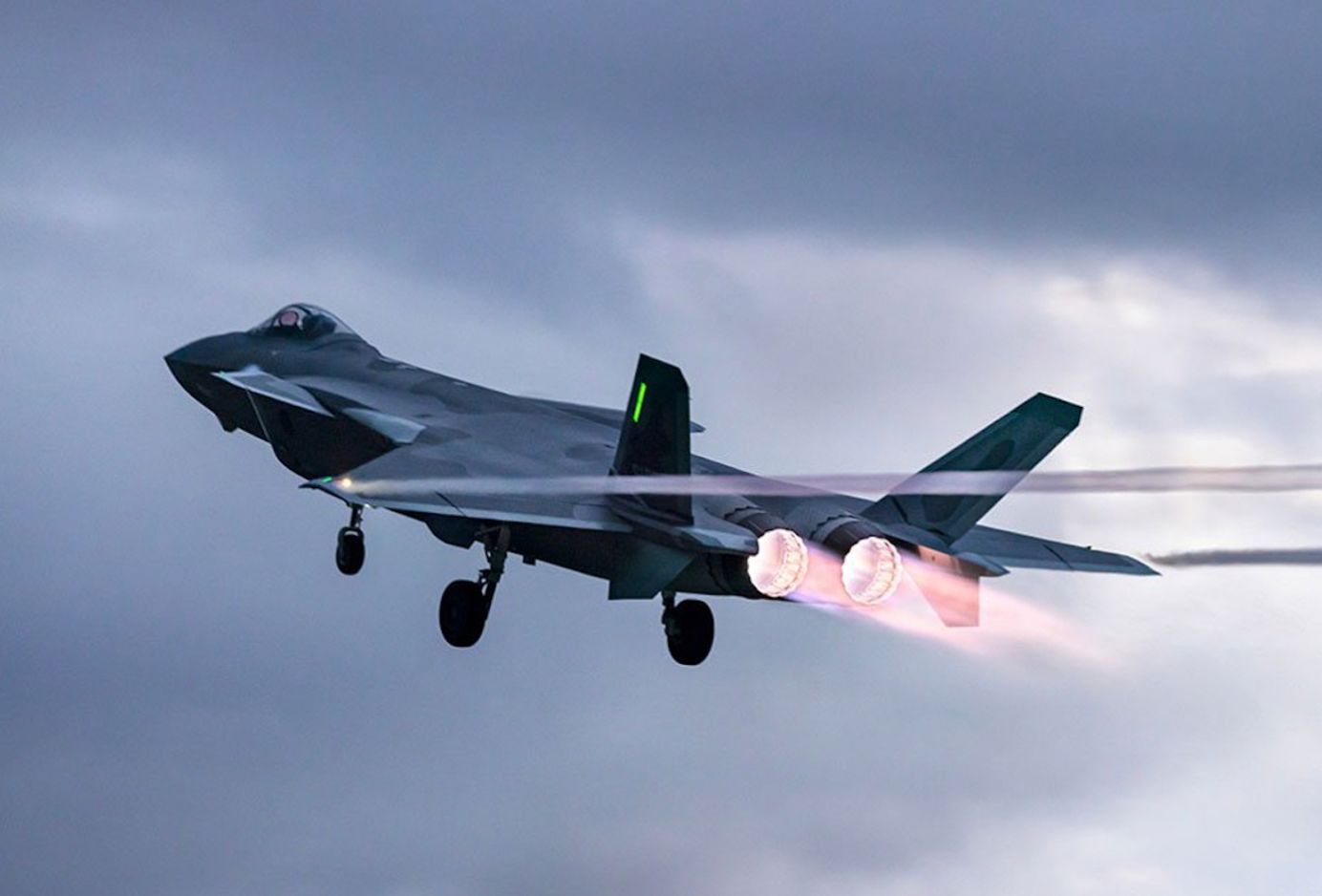After Donald Trump, Indian PM Narendra Modi is set to lose another “close friend” as Israeli PM Benjamin Netanyahu’s ouster looks imminent. Modi’s camaraderie with Trump and Netanyahu was widely covered by the media.
Interestingly, both ‘Bibi’ as Netanyahu is fondly called in his country, and Modi are currently facing somewhat similar opposition on their domestic turfs.
Benjamin Netanyahu who has clung to power for the past 15 years is poised to be ousted by a coalition of eight political parties. And Modi has been criticized by the Opposition as well as the global media for what is seen as his government’s mishandling of the Covid-19 crisis.
With Netanyahu on his way out, what lessons Modi could learn from this episode ahead of the 2024 general elections?
To my great friend Prime Minister @NarendraModi – Congratulations to you and the people of India on your 72nd #RepublicDay . Our friendship grows from year to year. ????? pic.twitter.com/A3JGTZ7DzO
— Benjamin Netanyahu (@netanyahu) January 26, 2021
Longest-Serving Israeli PM
In 2019, Netanyahu became the longest-serving Prime Minister of Israel. But after a spate of long-standing corruption charges, he is set to be ousted by a coalition of opposition parties.
On June 3, his opponents — Yair Lapid and Neftali Bennett — finally reached a deal to form a new coalition government.
Earlier, Yair Lapid forged a coalition deal with an Islamist Party, the United Arab List. This would be the first Arab party to be part of an Israeli government.

While Netanyahu’s Likud (National Liberation Movement) won maximum seats in the elections held in March, his traditional and nationalist allies could not form a majority coalition.
Interestingly, Likud’s far-right ally refused to join a coalition with the Arab party, the United Arab List, which in the end emerged as the king-maker.
Bibi’s Popularity In India
The Israeli PM gained immense popularity in India for his camaraderie with Prime Minister Modi. Taking forward the deep defense ties between the two countries, the two leaders showcased their friendship on various social media platforms.
In 2019, Netanyahu became the first world leader to congratulate Modi on his second consecutive victory in the national elections.
In the same year, the Israeli embassy greeted India on Friendship Day with a tweet showcasing a video that had the pictures of both leaders, with a popular Bollywood song in the background.
Thank you, my friend, Indian PM @narendramodi. I could not agree with you more. The deep connection between Israel and India is rooted in the strong friendships between Israelis and Indians. We cooperate in so many areas. I know our ties will only strengthen in the future! ???? pic.twitter.com/uXwFsQXoPB
— Benjamin Netanyahu (@netanyahu) August 4, 2019
PM Modi replied in Hebrew, lauding the friendship between the two countries.
Apart from their huge popularity on social media, both Modi and Netanyahu figure in a long list of global leaders known for their highly nationalist agendas.
This includes former US President Trump, Philippines President Duterte, Turkish President Erdogan and Indonesian President Joko Widodo, also known as Jokowi.

How Netanyahu Lost The Plot
Netanyahu is facing charges ranging from bribery and fraud to breach of trust although he denied them, calling this a political witch-hunt. These cases and his occasional remarks tinged with his nationalist fervor, sometimes landed him in trouble.
In 2016, Netanyahu had faced criticism after he called Palestine’s refusal to let Jews live in their future state as “ethnic cleansing”. He issued a video statement rejecting the notion that West Bank settlements were “an obstacle to peace”.
The video was called “unhelpful and inappropriate” by the US State Department.
It also drew the ire of Israeli opposition leaders, with one of them, Tzipi Livni, stating that the comments of the PM made the US change its position from acceptance to outright refusal of the settlements in the West Bank.
Some of the media stories about Netanyahu also took a funny turn. In 2019, he claimed his innocence in three corruption cases against him and claimed the cases to be a ploy of a political witch-hunt against him.
Shortly after his televised address on the issue, Netanyahu posted on his Instagram account, saying “Bribery without money is like an omelette with no egg”, “bribery without money is like Rachel with no Ross” in reference to US TV series Friends, before saying, “bribery without money is like Tuesday with no couscous”.
Even though the post went viral, the opposition and critics were not amused. Avi Gabbay, Chief of the Labor Party, called Netanyahu’s speech and the viral Instagram post as a ‘horror show’.
Challenges Before Modi
The 2014 general elections in India were marked by what political analysts called the ‘Modi wave’. The country, after a gap of several decades, found a strong minister who was willing to take some bold steps in both the domestic and international arena.
The last time India saw such an influential and strong leader was during the tenure of the late Indira Gandhi.
Under Modi, New Delhi started projecting itself as a rising military power in the Asia-Pacific region, sending signals to its hostile neighbors that any misadventures across the borders would invite prompt and decisive actions from the Indian side.
In March 2019, then Union Home Minister Rajnath Singh said India had carried out three ‘surgical strikes’ to dismantle terror launchpads on foreign soil. He mentioned the 2016 covert military operation in the Pakistan-controlled Kashmir after the Uri terror attack in India’s Jammu and Kashmir and the 2019 airstrike to avenge the killings of 40 Indian security personnel in Pulwama.
While Singh did not reveal the third operation, in all probability, it was the controversial “surgical strike” carried out by Indian special forces inside Myanmar in June 2015, days after Naga militants killed 18 soldiers in an ambush in Manipur’s Chandel district.
Many security experts this author had spoken to earlier cast doubt on India’s claim of inflicting heavy casualties on the militants hiding in Myanmar given that the Indian Army’s expertise lies in mountain warfare, but they lack skills in jungle warfare, an area Northeast India’s militants are completely at home in.
Nevertheless, it was during the 2020 standoff with China where India had confronted a very aggressive enemy that killed 20 of its soldiers in one of the bloodiest border skirmishes in decades.
India’s Opposition criticized PM Modi suggesting he had surrendered Indian territory in Ladakh to the Chinese. Congress party leader Rahul Gandhi even tweeted, calling him “Surrender Modi”.
Narendra Modi
Is actually
Surender Modihttps://t.co/PbQ44skm0Z
— Rahul Gandhi (@RahulGandhi) June 21, 2020
The biggest challenge for Modi has been the ongoing Covid-19 pandemic, the second wave of which has left a devastating impact on the South Asian nation.
Around 162,000 people had lost their lives until March-end, Hindustan Times reported citing official figures. The death toll more than doubled in the next two months — to over 330,000.
The global media highlighted what they called India’s ill-equipped healthcare system and the federal government’s “inept” handling of the second wave of the pandemic.
They ran commentaries and reports with hard-hitting headlines and sensational images of pyres burning and people crying on the street.
For instance, CNN took a swipe at the Modi government for considering the renovation of Delhi’s Central Vista — a Rs 13,450-crore project — as an “essential service” when the national capital was reporting about 20,000 new Covid cases per day.
There was a massive backlash on social media as well. In April 2021, Twitter trends were dominated by hashtags such as #ResignModi and #SuperspreaderModi as the pandemic had gone out of control and the PM and his party colleagues were seen addressing large rallies in poll-bound states.
lots of attention to this right now bcs the Indian government has ordered Facebook & Twitter to remove critical posts and in some cases the companies have complied https://t.co/rnTGqterLE
— Shannon Bond (@shannonpareil) April 28, 2021
A controversy also broke out after the government allegedly asked the social media platforms to remove critical posts and hashtags although Twitter later clarified it had mistakenly blocked one such hashtag and that it was restored.
If that were not enough, chief ministers from opposition parties are rallying against the Modi government over issues such as shortage of Covid vaccines, declining economy as well as devastating second wave of the pandemic.
In addition, there has been a sharp fall in Modi’s approval rating from 74 percent at the end of March to 65 percent on May 4, reveals Morning Consult, a global data intelligence firm based in the US.
The sustained attack from the opposition seems to have spooked the strategists of the ruling Bharatiya Janata Party with some of them even saying this is their biggest test in the seven years of the Modi government, ThePrint reported.
While his ‘close friend’ Netanyahu has almost succumbed to his opponent’s pressure and is set to be dethroned, Modi would require to weigh his options and devise his strategy carefully ahead of the 2024 polls.
Contributed by Anupama Ghosh




